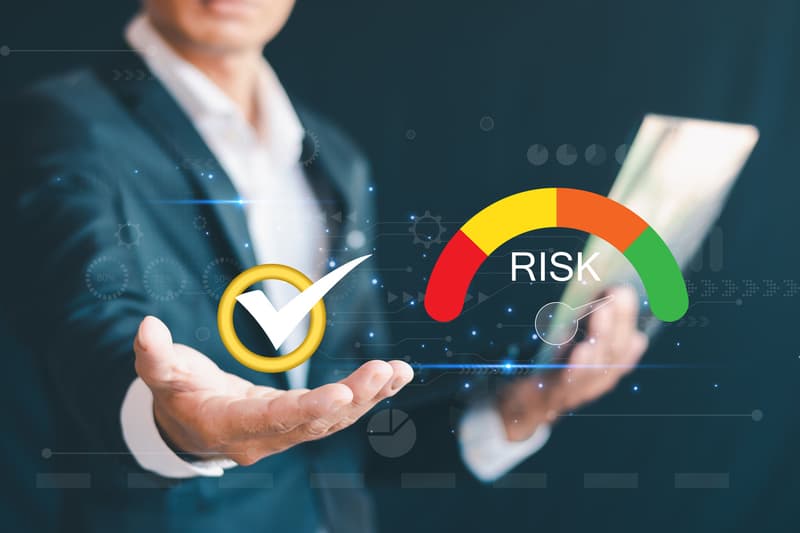
Swiss-Singaporean cyber protection company contributed to the World Economic Forum’s new study that establishes six principles for all industries to counter the rise in cybercrime
Acronis, a global leader in cyber protection and a member of the World Economic Forum (WEF) Centre for Cybersecurity, shared the results of a new report released by the WEF that warns that cybersecurity failure is a “clear and present danger” and critical global threat, yet responses from board directors have been fragmented, risks not fully understood, and collaboration between industries limited. Acronis contributed its expertise and insights from its work in cyber protection as part of the working group that helped create the report.
The WEF’s new Principles for Board Governance of Cyber Risk Report reveals that boards of directors need to play a more active role in protecting their organisation from cyber risks – and provides a solution to this fragmentation. Created by the WEF, the National Association of Corporate Directors, the Internet Security Alliance, and PwC, the report is the result of a year-long collaboration to find a cohesive, global and cross-border approach to cyber risk.
Around the world, organisations are facing a tremendous increase in cyber risk. Acronis’ research reveals that 31% of companies now experience a cyberattack at least once a day, a trend that’s expected to skyrocket as cybercriminals employ AI and automation to increase the sophistication and effectiveness of their attacks. Acronis also found evidence that more than 1,000 companies globally had their data leaked following a ransomware attack in 2020 – a trend that’s expected to accelerate as data exfiltration surpasses encryption as the primary attack tactic for cybercriminals.
The new Principles for Board Governance of Cyber Risk Report shows how directors can improve their understanding of cyber risks to quickly incorporate cyber-risk planning into their companies’ overall strategy.
“Without a principled foundation for understanding and governing cyber risk at the board level, risk responses have been piecemeal and security gaps have risen,” said Daniel Dobrygowski, Head of Governance and Trust at the World Economic Forum Centre for Cybersecurity. “These principles provide much needed foundations for directors in any industry or geography. Cybersecurity is not just a technology problem; it is an economic and strategy issue crucial for boards to address given the current environment.”
With insights from Acronis and other leaders in digital risk and cybersecurity, the expert-led team identified six principles that apply to a wider audience of boards and management teams, specifically:
- Cybersecurity is a strategic business enabler
- Understand the economic drivers and impact of cyber risk
- Align cyber risk management with business needs
- Ensure organisational design supports cybersecurity
- Incorporate cybersecurity expertise into board governance
- Encourage systemic resilience and collaboration
“The Forum provides insights for leaders around the world, and in the modern digital world, no issue deserves more attention than cyber risk management,” said SB Serguei Beloussov, Acronis CEO and Founder. “As a leader in cyber protection, Acronis contributes expertise and research to the Forum’s projects and implements the Forum’s guidance on risk management in our products.”
The World Economic Forum (www.weforum.org), the International Organization for Public-Private Cooperation, is committed to improving the state of the world. It engages the foremost political, business, and other leaders of society to shape global, regional, and industrial agendas. Acronis joined the WEF’s Centre for Cybersecurity in 2020, contributing its expertise to the private-public network’s response to the world’s growing cybersecurity threats.


